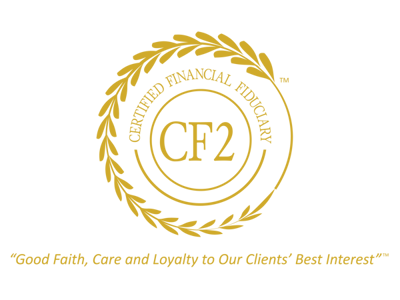Fiduciary Financial Advisor
What is a fiduciary? A fiduciary is a person who holds a legal or ethical relationship of trust with one or more other parties. Typically, a fiduciary prudently takes care of money or other assets for another person.
Fiduciary investment advisors are have the power and responsibility of acting for another in situations requiring total trust, good faith and honesty.
Common fiduciary financial advisors include attorneys, accountants, business advisors, fee-only financial advisors and registered investment advisors, real estate agents acting on your behalf, estate administrators, guardians, title companies, and trustees of a trust.
When you're the beneficiary of a fiduciary relationship, you give that fiduciary trust company discretionary authority over your assets. So a fiduciary management company can buy and sell securities in your account on your behalf without needing your express consent before each trade. Because fiduciaries have this discretionary authority, they're held to a higher standard than non-fiduciary advisors.

A fiduciary is legally bound to act in your best interest.
Why Do I Need a Certified Financial Fiduciary®?
Financial professionals who have earned the Certified Financial Fiduciary® (CF2) designation can immediately and clearly demonstrate expert knowledge of fiduciary standards, and how they practice a fundamental obligation to always put their clients' best interests first. Additionally, CF2 designees are bound by a code of conduct that holds them to the highest standards of professionalism in the financial services industry.
Fiduciary Advisor's Code of Conduct
These standards have been set forth in the following Code of Conduct:
- Practice the Duty of Loyalty - A CF2 designee will first and foremost agree to always put the clients best interest first
- Practice the Duty of Good Faith – fundamental obligation to treat all clients fairly
- Practice the Duty of Good Care – fundamental obligation to exercise the skill of an expert and to only advise in those areas where expert skill level has been obtained
- Educate First – provide comprehensive and unbiased education to clients ensuring they have a firm grasp of the subject matter prior to making specific suggestions or advice
- Holistic Approach – consider all aspects and factors that affect a plan prior to making suggestions or advice about any part of a client’s financial plan or circumstance
- Full Disclosure – always divulge all fees and commissions as well as disclose any conflicts of interest
- Comparison – always provide comparisons of suggested products with detailed explanations of why one is being suggested over the other
- Confidentiality – protect and keep all client’s information confidential and securely stored
- Professional Practice Management – CF2 designees must agree to run their practice with the utmost professionalism using proper documentation and procedures set forth by all relevant governing bodies including the SEC (where applicable) and the DOL. They must also agree to be audited by the CF2 organization to ensure that all the above standards are being met at all times

